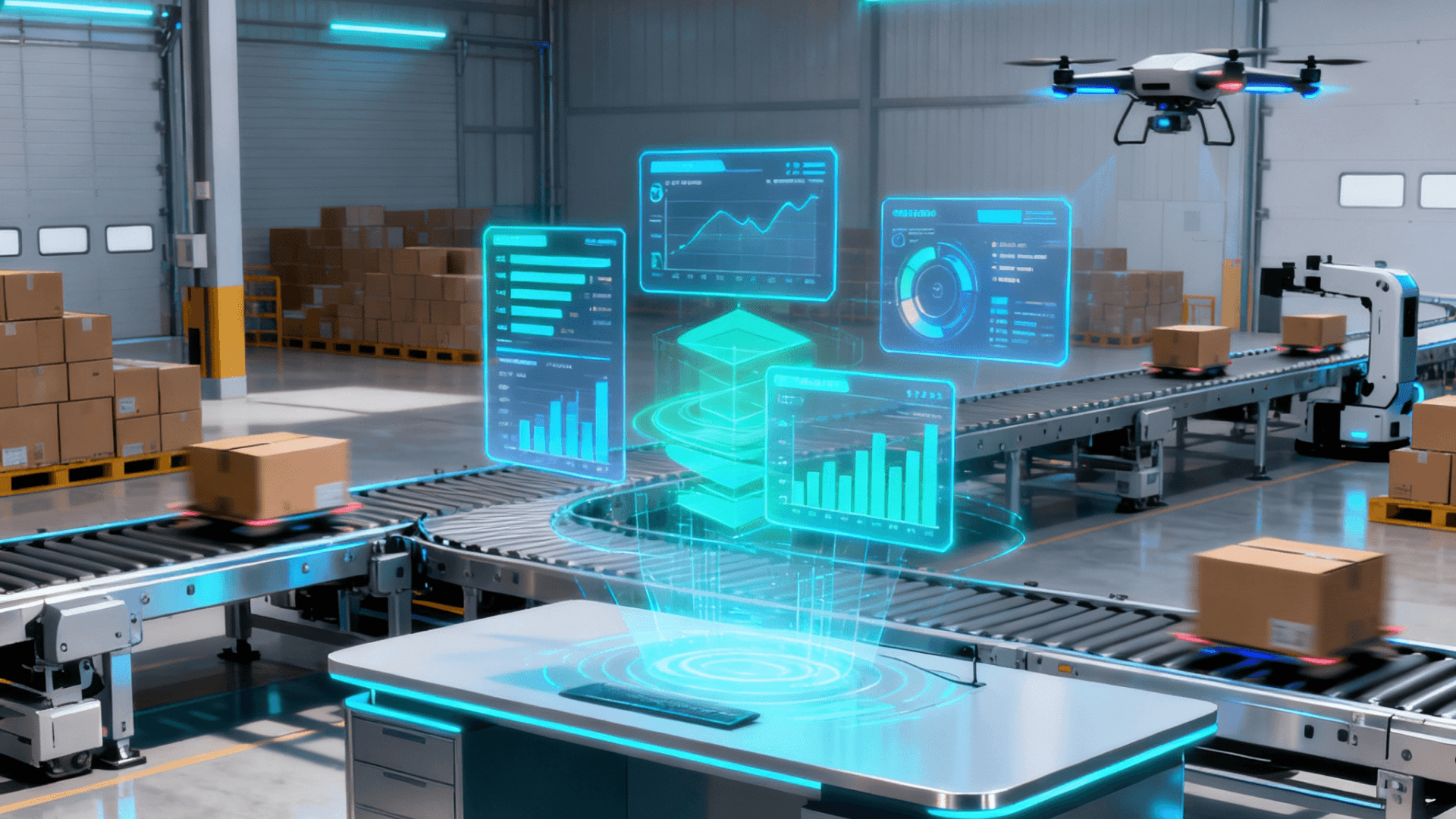How Predictive Analytics Works for Logistics: Driving Smarter Supply Chains
Monday, 22 Sep 2025
|
In an industry where timing and accuracy can make or break success, logistics operations increasingly rely on foresight instead of hindsight. Predictive analytics has emerged as a critical capability, enabling teams to make data-driven decisions that anticipate issues, optimize planning, and seize operational efficiencies long before problems occur.
But how does predictive analytics actually work in a logistics context? And how can organizations transform mountains of data into actionable foresight that streamlines supply chains and delights customers?
What is Predictive Analytics in Logistics?
At its core, predictive analytics uses historical data combined with advanced algorithms to forecast future events with statistical confidence. It sifts through vast volumes of supply chain data—like order histories, shipment records, weather patterns, capacity constraints—and uncovers patterns and trends invisible to the naked eye.
In logistics, predictive models answer questions such as:
- When and where will demand spike?
- Which shipments are most at risk of delay?
- How can inventory levels be optimized to avoid costly stockouts or excess?
- What routes are likely to experience congestion or disruptions?
Using these insights, organizations move from reactive firefighting to proactive planning and continuous optimization.
The Data Backbone of Predictive Logistics
Successful predictive analytics depends on the quality and quantity of data. This includes:
- Historical shipment and delivery data
- Order volumes and customer profiles
- Warehouse inventory levels and processing times
- External factors such as traffic, weather, and market trends
Data integration across systems (ERPs, WMS, TMS) ensures comprehensive analysis. As new data streams in, models continuously refine predictions, improving accuracy over time.
If interested, explore more about the type of data needed for AI in logistics.
Common Predictive Analytics Techniques Used
- Regression analysis: For correlating variables, such as how weather affects shipment times
- Time series forecasting: For predicting future demand patterns based on past cycles
- Classification models: To identify shipments or customers with a high risk of exceptions
- Optimization algorithms: Suggest the best inventory levels or delivery routes based on predicted needs
Combining these techniques yields a robust view of potential futures, empowering better operational decisions.
Real-World Benefits of Predictive Analytics in Logistics
Organizations leveraging predictive analytics enjoy tangible advantages:
- Reduced Delays and Exceptions: Early identification of risk areas helps take preventive action and mitigate disruptions.
- Optimized Inventory and Fulfillment: Accurate demand forecasts minimize carrying costs and improve service levels.
- Enhanced Route Planning: Dynamic visibility into traffic and weather enables more efficient delivery scheduling.
- Improved Customer Satisfaction: Proactive communication powered by predictions builds trust and loyalty.
Many leading logistics firms already use these insights to gain a competitive edge.
How debales.ai Powers Predictive Analytics for Logistics
At debales.ai, predictive analytics forms the foundation of our AI-powered logistics platform. We leverage machine learning models trained on industry-specific data to deliver forecasts and recommendations tailored to unique supply chain dynamics.
Our AI agents simplify complexity by:
- Automating data analysis and highlighting actionable insights
- Integrating seamlessly with existing logistics systems for real-time updates
- Providing easy-to-understand dashboards for quick decision-making
- Continuously learning from new data to improve accuracy and responsiveness
See how debales.ai AI platform transforms logistics operations through predictive intelligence.
Moving Forward with Predictive Analytics
The future of efficient logistics depends on embracing predictive insights to drive strategic and tactical decisions. By investing in AI-driven predictive analytics, organizations gain the agility to adapt to market fluctuations, reduce risks, and optimize resource allocation.
Logistics leaders looking to unlock this potential should consider solutions that balance advanced machine learning techniques with user-friendly interfaces and direct business impact.
Interested in seeing how predictive analytics can revolutionize your supply chain?
Discover the power of debales.ai’s AI-driven platform.
Book a demo today and experience how intelligence-led logistics can transform your business.


